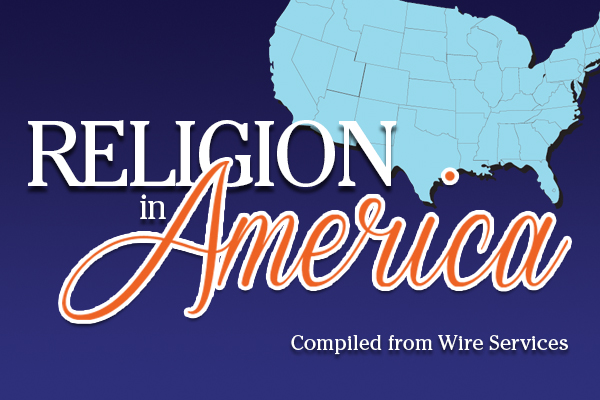The U.S. Supreme Court ruled in favor of a Christian baker in Colorado who refused to design a cake for a couple’s same-sex wedding. The controversial case was widely seen as a standoff between religious liberty and sexual liberty.
In a 7–2 opinion delivered June 4, a high court majority that included conservatives and liberals ruled the Colorado Civil Rights Commission violated the religious free exercise clause of the First Amendment by penalizing Masterpiece Cakeshop owner Jack Phillips for declining to design and decorate a cake for the wedding of two men.
‘Hostility’
The commission demonstrated “religious hostility” toward Phillips in its action, the justices said in a decision on one of multiple court cases involving wedding vendors who oppose using their talents in support of same-sex “marriage.”
Religious freedom advocates praised the high court’s decision while many experts also noted the ruling primarily focused on how the civil rights commission handled the case. “This is a decision that is solely about process, but it leaves some of the larger questions open for resolution down the road,” said Anthony Michael Kreis, a visiting assistant professor at Chicago-Kent College of Law.
In his majority opinion, Associate Justice Anthony Kennedy said the commission did not treat Phillips’ case “with the religious neutrality that the Constitution requires.”
“Phillips was entitled to a neutral decision-maker who would give full and fair consideration to his religious objection as he sought to assert it in all of the circumstances in which this case was presented, considered and decided,” Kennedy wrote.
Associate Justices Ruth Bader Ginsburg and Sonia Sotomayor dissented. (RNS, BP)





Share with others: